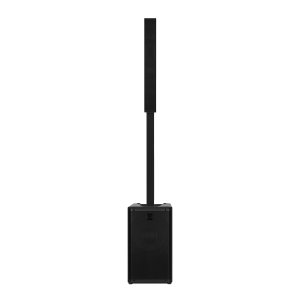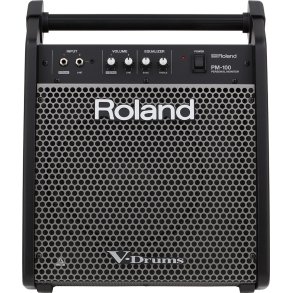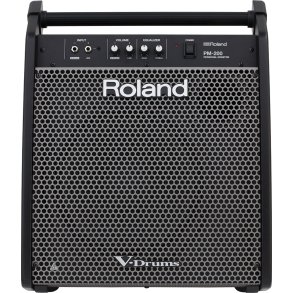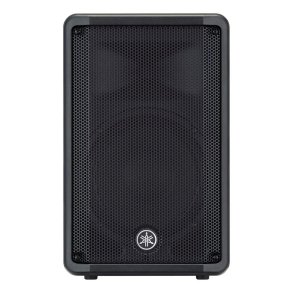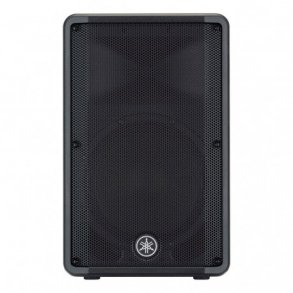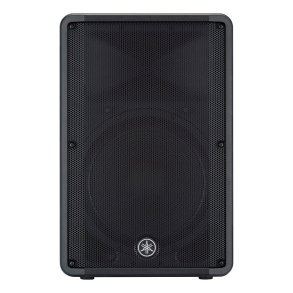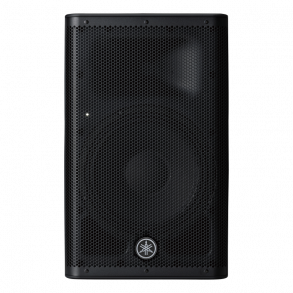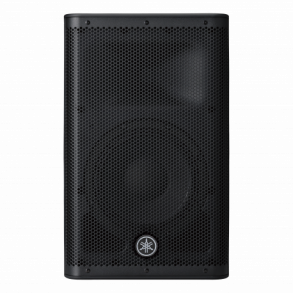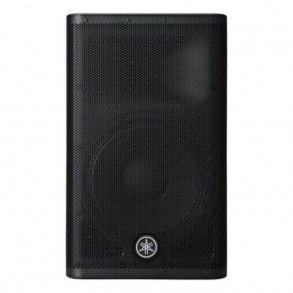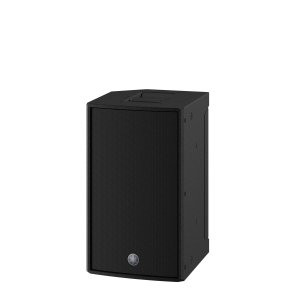Active speakers
Many great experiences involve music - and music is best when the sound is good. Here you'll find active speakers for parties big and small.
It can be a bit of a jungle to find your way around the many speakers. We want to help you decide which speaker you need. For starters, you need to know if it's an active or a passive speakeryou're going for. Read on to find out the difference.
What's the difference between an active and a passive speaker?
An active speaker has a built-in amplifier. This is the easy (and best) solution if you're on the go and need to set up your speakers in different locations, for example at festivals or concerts. With an active speaker, you don't have to lug around an external amplifier as the speaker can be connected directly to an external sound source. All you need is a signal cable and a power cable - that's it.
A passive speaker (unlike the active one) needs an external amplifier. The advantage of the passive speaker can be that you get more flexibility in terms of sound. You can choose the amplifier that gives you exactly the sound you want and switch it out if you want a different sound (without changing your whole setup). The passive speaker is a great choice for private parties, for example.
Which speaker should I choose?
If you've decided that you're looking for an active speaker, you've come to the right place. From here, there are several things to consider before you run the credit card through.
It might get a little nerdy, but music is usually divided into three parts: Bass (deep tones), treble (bright tones) and midrange (everything in between). It's the same way with a speaker. Most modern speakers encompass the entire soundstage with a bass/midrange - also called full range - and a tweeter. This is typically called a 2-way speaker. However, it may be necessary to add a subwooferwhich ensures that you get the really deep tones.
It's good to know these details when choosing a speaker. Think about where you're going to use the speaker and for what. Does the size, type and capacity of the speaker fit your needs?
You can also keep it simple: Visit your local music store and listen to their speakers. You might just stumble upon a speaker you need to take home. That's also a place to start.
Take good care of your speaker
A little PS for those who love loud music. Even the best and most robust speaker can break if it's exposed to a volume that's too loud. The best way to avoid this is to listen. When you turn up your speakers, you can hear when the music starts to sound distorted. Then it's time to turn it down again. It can be hard to hear when the music is playing and the party is in full swing, but if you practice keeping the volume below the limit of the speaker's capacity, it's guaranteed to last longer.






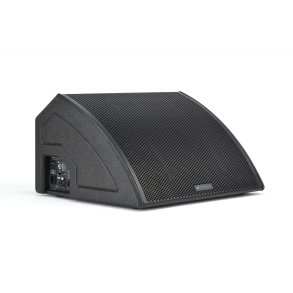
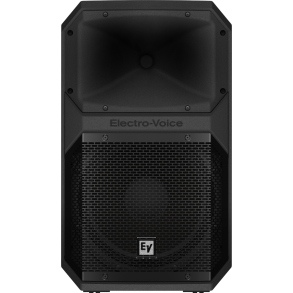
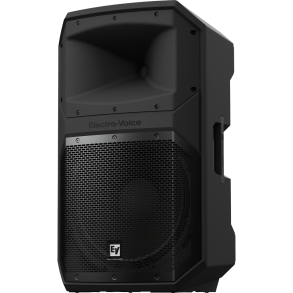
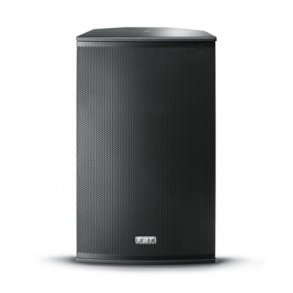
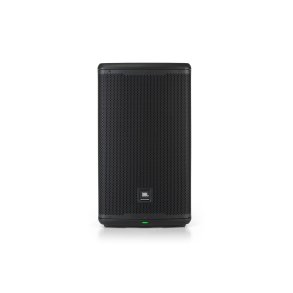
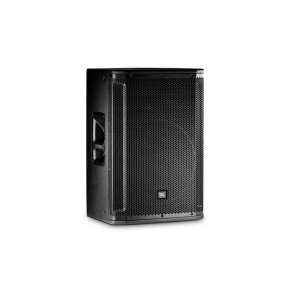

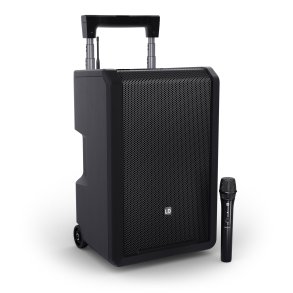



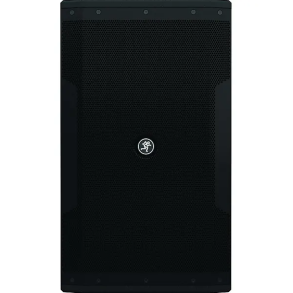
.w293.h293.fill.jpg)
